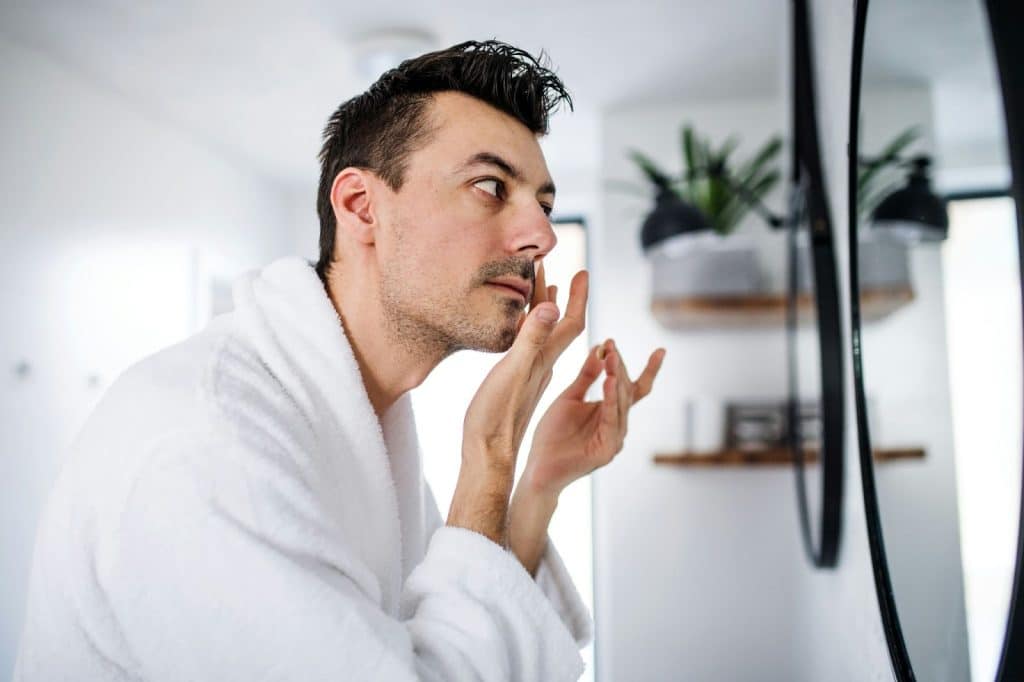
By age 35, your skin isn’t just reacting to the environment, it’s reflecting your lifestyle. What worked in your 20s might now be doing more harm than good. This is the age when small mistakes begin to show bigger consequences, and neglected care routines can lead to dullness, dryness, and premature aging. Fortunately, some of the most effective upgrades involve what you stop doing, not what you start. Here are 18 habits worth cutting if you want your skin to stay strong, clear, and vibrant.
Sleeping without Washing Your Face

No matter how tired you are, leaving makeup on or any products you use clogs pores and speeds up skin aging. At 35+, your skin renews slower, and trapped impurities lead to breakouts and fine lines. Always cleanse, your skin needs the overnight reset.
Using Harsh Scrubs
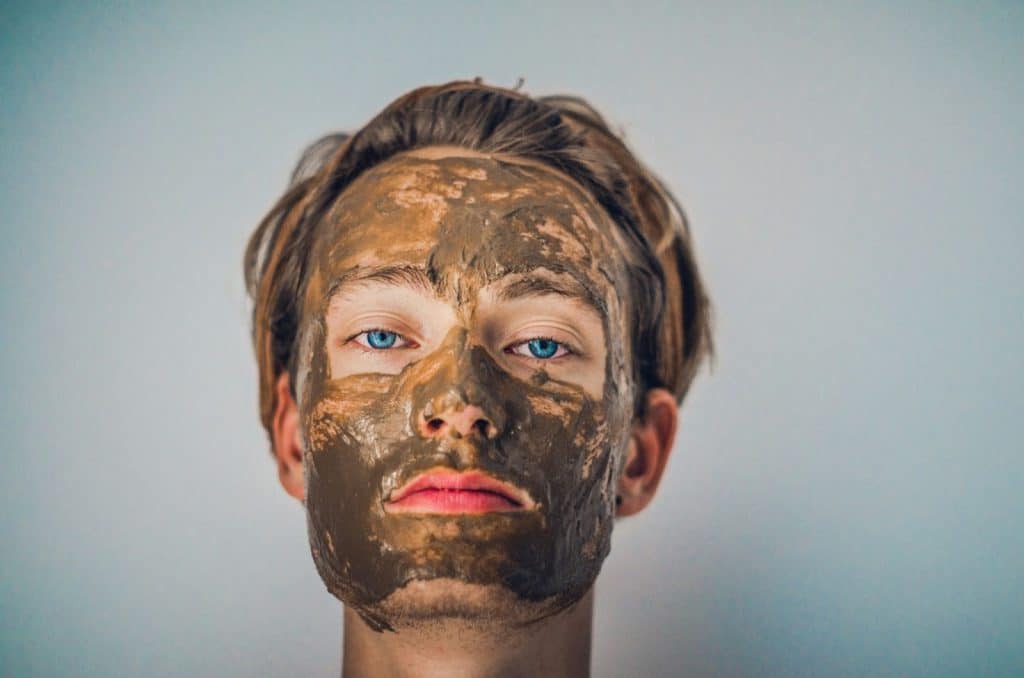
Physical exfoliants can tear micro-layers of skin, causing irritation and inflammation. At this age, gentler chemical exfoliants like AHAs and BHAs are more effective and less damaging. Harsh scrubs can make your skin more vulnerable, not smoother.
Skipping Sunscreen on Cloudy Days
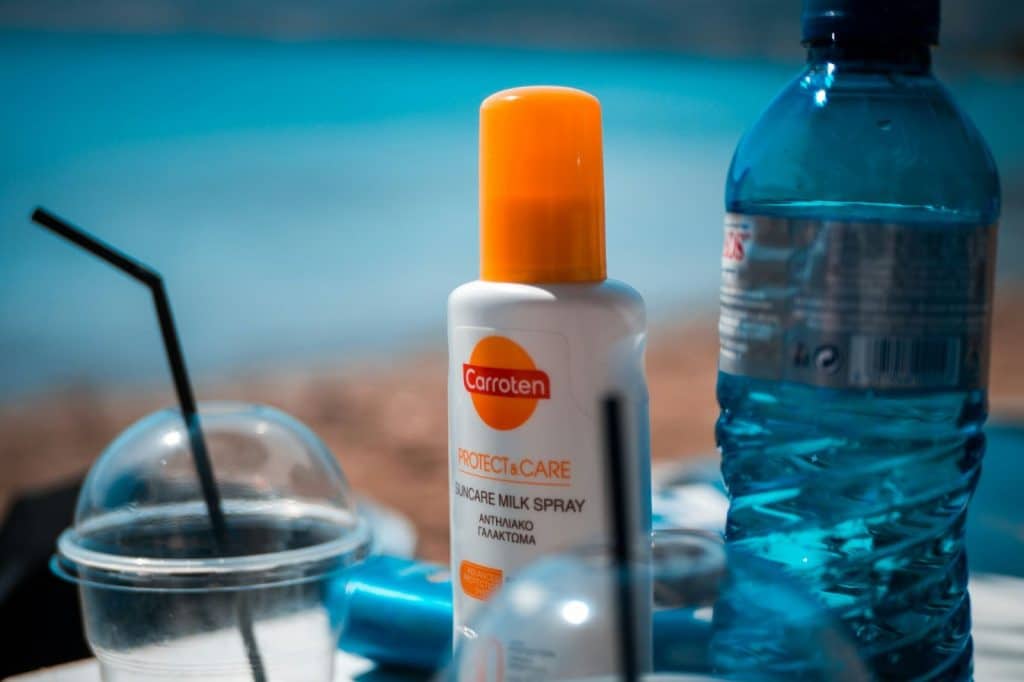
Sun damage is cumulative and doesn’t care about cloud cover. UVA rays penetrate clouds and glass, accelerating aging and hyperpigmentation. Make SPF a daily ritual, not a beach-only option.
Using the Same Products from Your 20s
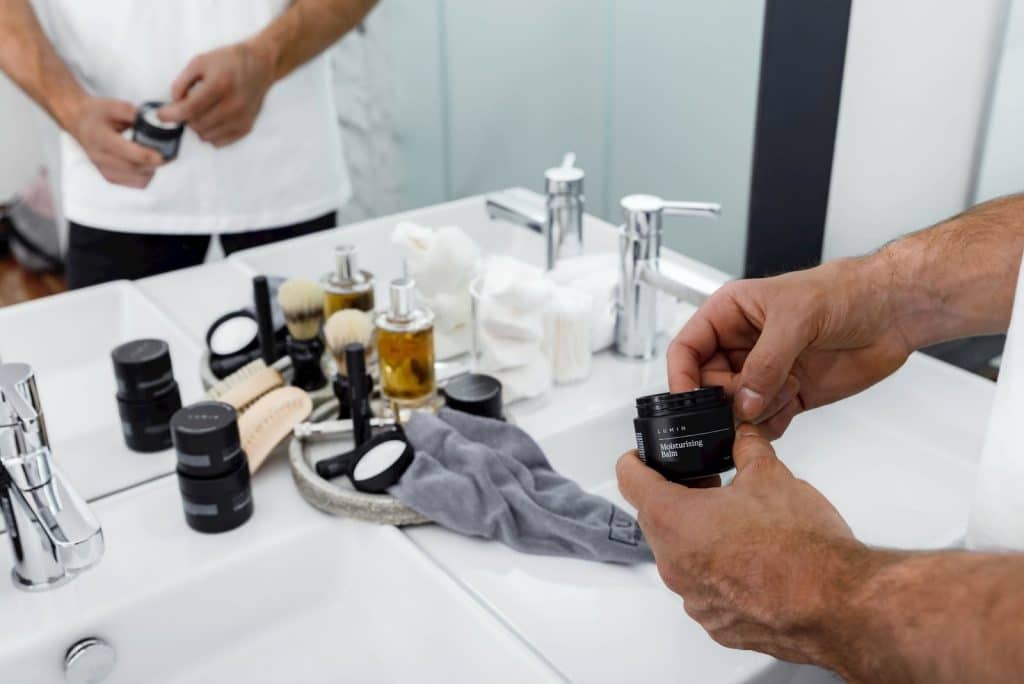
Your skin’s needs evolve. What worked for oil control a decade ago might now strip away essential moisture. Update your skincare routine with ingredients that support hydration, elasticity, and barrier repair.
Over-Cleansing
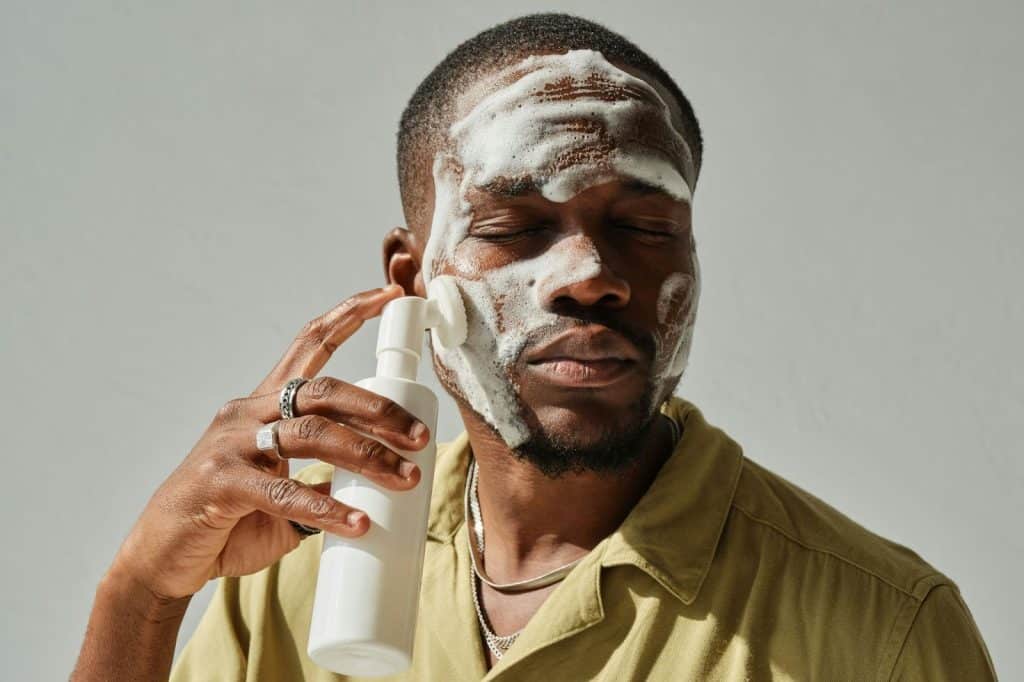
Washing your face too often strips natural oils and disrupts the skin barrier. Twice a day is enough. More than that can lead to dryness, flaking, and sensitivity. Especially in mature skin.
Ignoring Your Neck and Hands
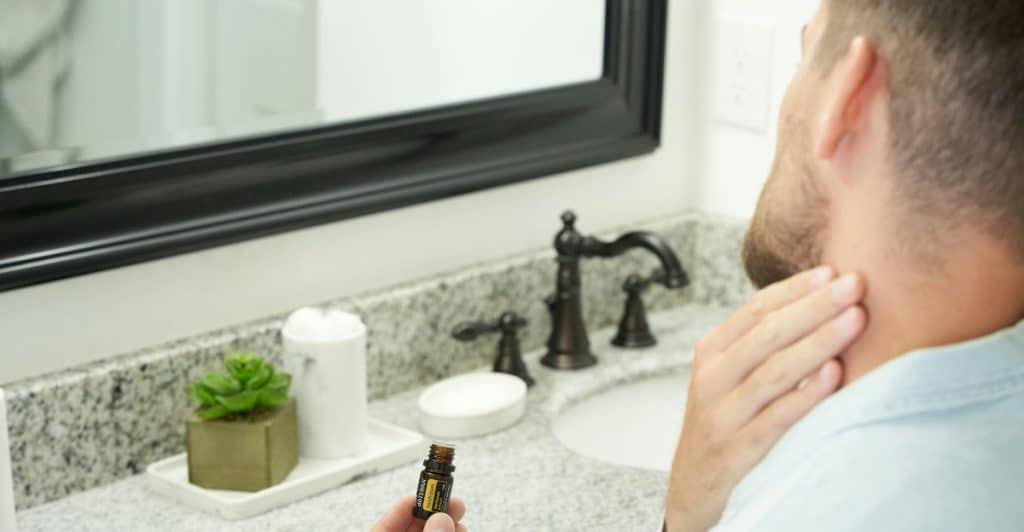
Signs of aging don’t stop at your chin. Your neck and hands need the same care, moisturizer, SPF, and gentle exfoliation. These areas are often forgotten, but they reveal your age faster than your face.
Using Alcohol-Based Toners

Toners that contain alcohol can dry and irritate skin that’s already losing collagen and hydration. Switch to hydrating or pH-balancing formulas. These support your skin barrier instead of damaging it.
Popping Pimples
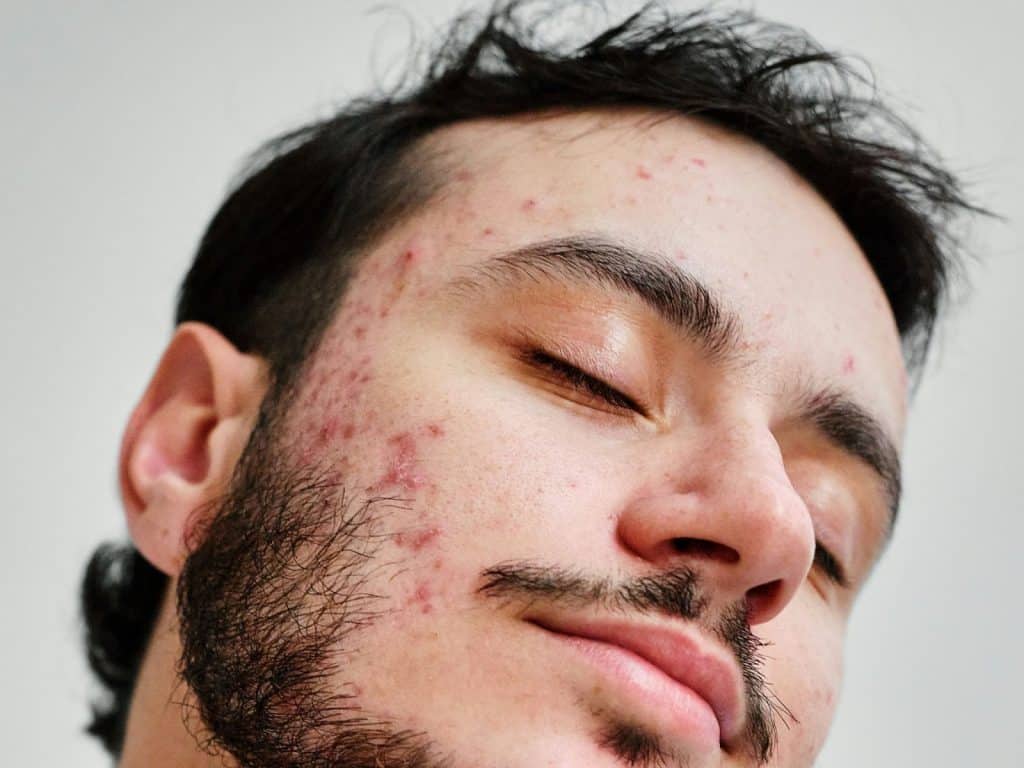
Post-35, your skin doesn’t heal as quickly. Popping blemishes increases the risk of scarring, discoloration, and infection. Instead, treat breakouts with spot treatments or ingredients like salicylic acid and benzoyl peroxide.
Not Washing Pillowcases Regularly

Your pillowcase collects sweat, oils, and product residue every night. Dirty fabric can clog pores and irritate skin, especially if you sleep on your side. Washing pillowcases weekly can make a real difference.
Applying Skincare in the Wrong Order
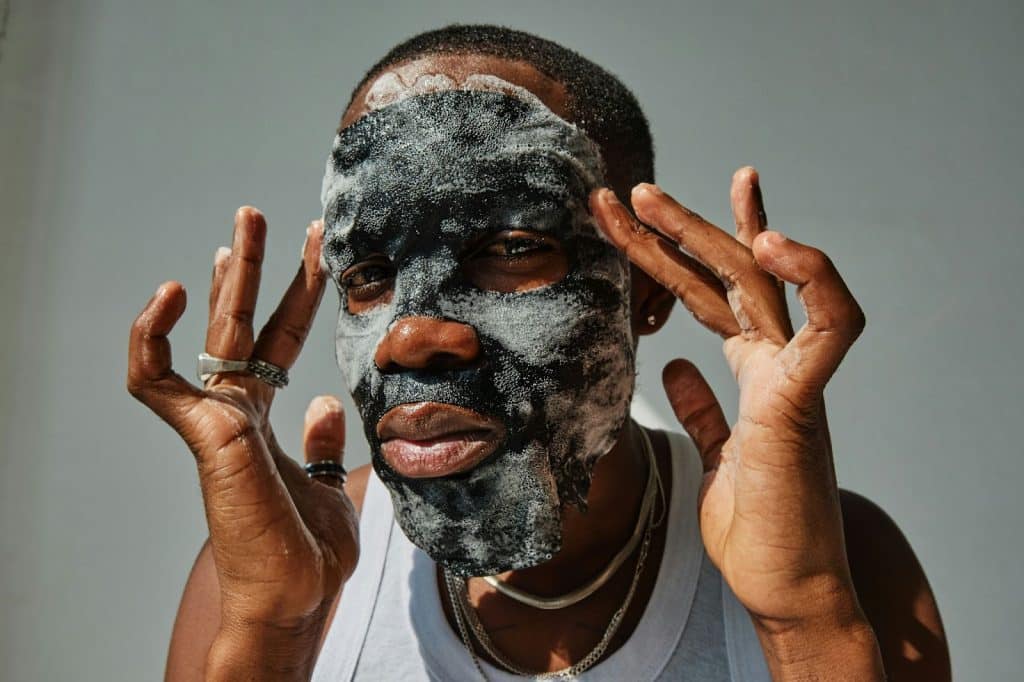
Serums, moisturizers, oils, order matters. Applying heavier products before lighter ones can block absorption and reduce effectiveness. A simple rule – go from thinnest to thickest in texture.
Neglecting Eye Cream
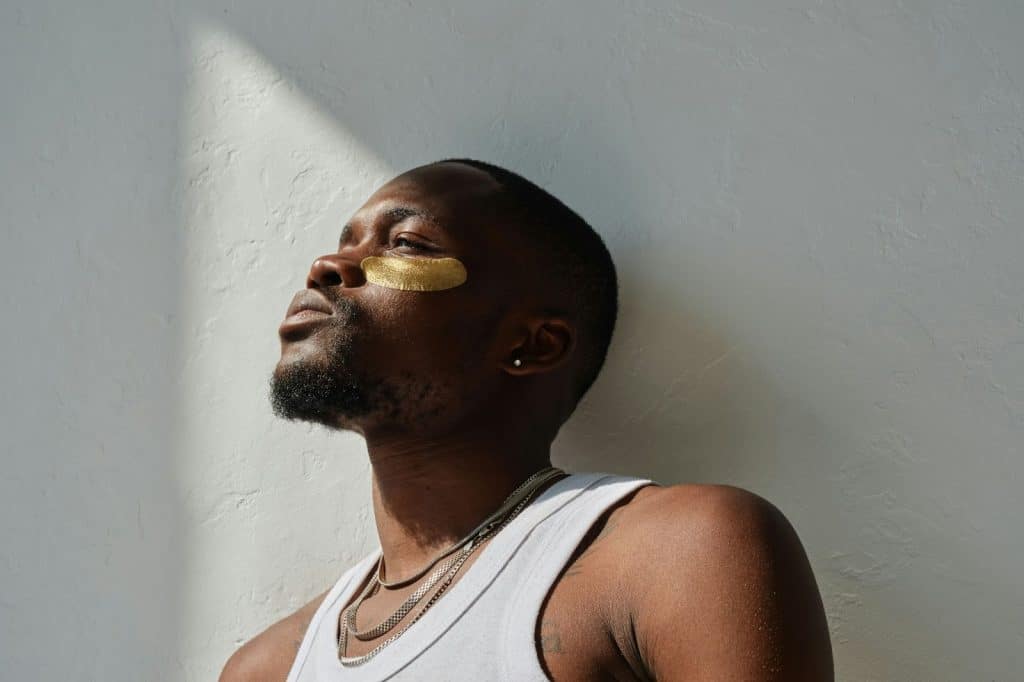
The skin around your eyes is thinner and more prone to wrinkles. Waiting for the crow’s feet to show up before acting is a mistake. An eye cream with peptides, hyaluronic acid, or caffeine can protect and firm this delicate area.
Using Expired Products
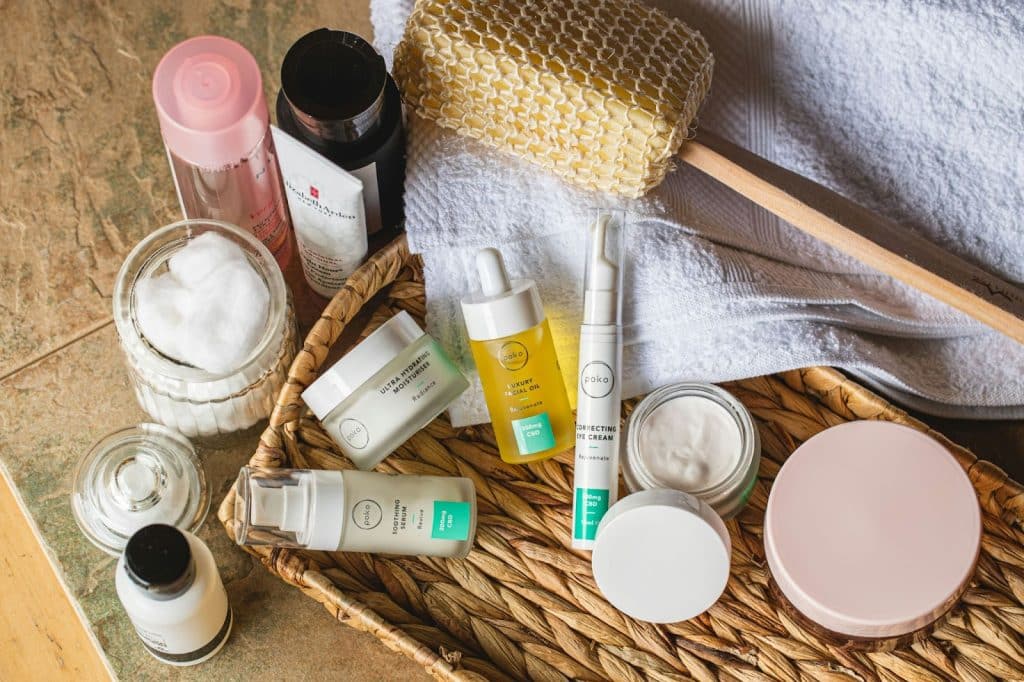
Old skincare loses potency and can harbor bacteria. After 35, your skin is less forgiving, so expired products can lead to irritation or breakouts. Always check expiration dates and toss anything that smells or looks off.
Skipping Moisturizer Because of Oily Skin
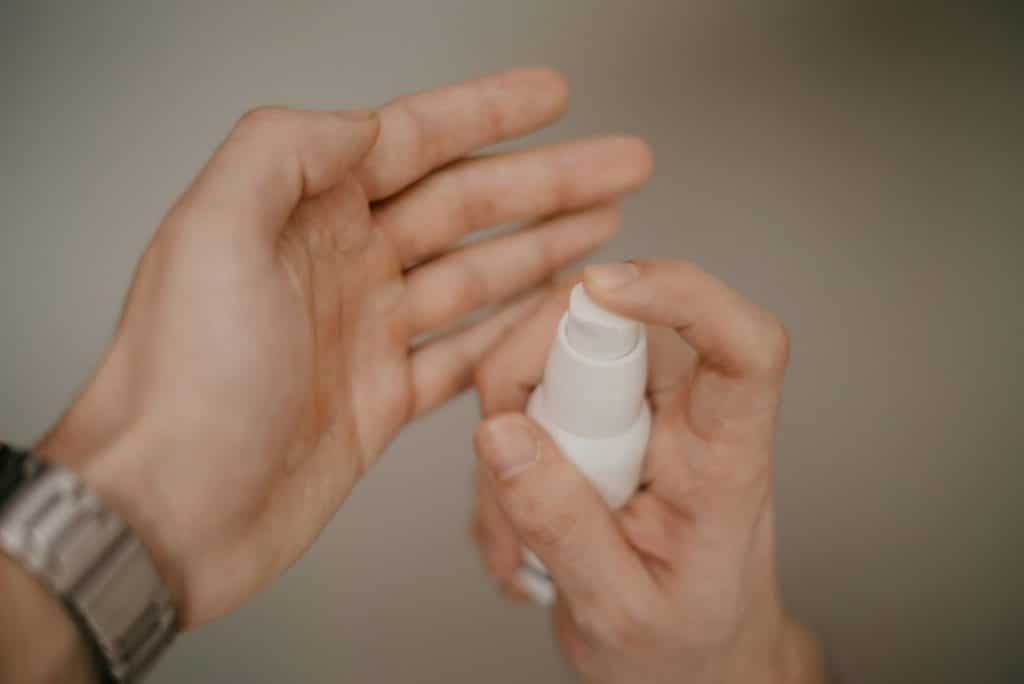
Oily skin still needs hydration. Depriving it of moisture can actually trigger more oil production. Choose lightweight, non-comedogenic moisturizers that balance your skin without clogging pores.
Ignoring Ingredients Lists
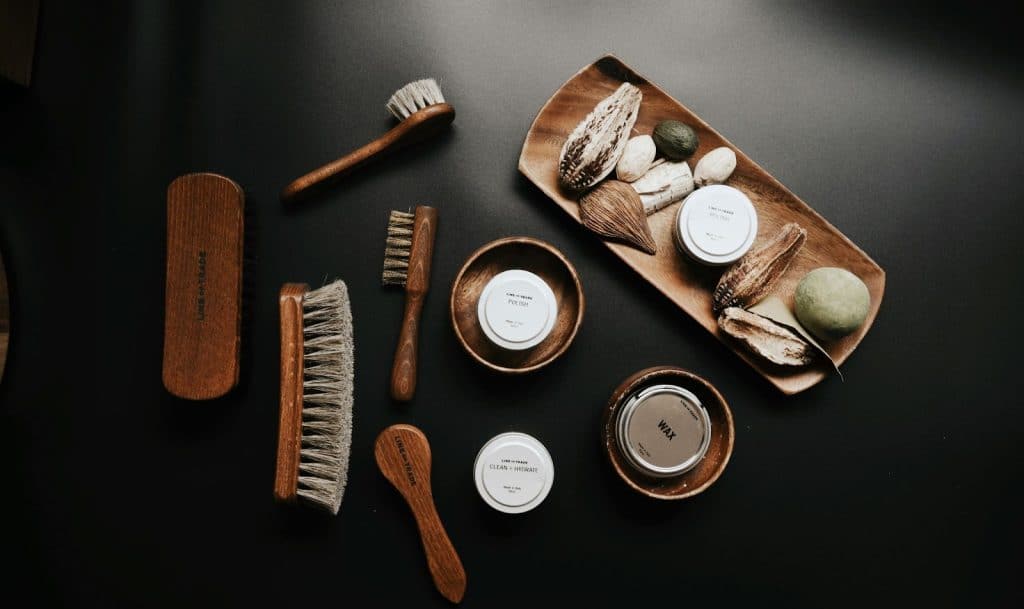
Marketing claims aren’t enough. After 35, your skin needs targeted ingredients like niacinamide, ceramides, peptides, and antioxidants. Learning what your products actually contain makes all the difference.
Exfoliating Too Often
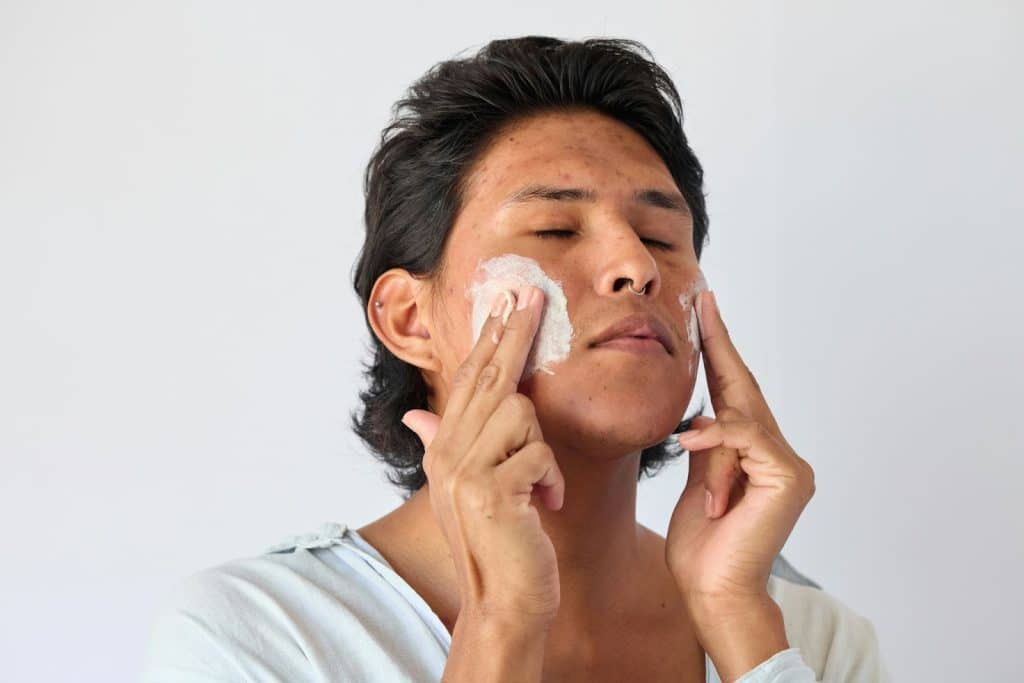
Even chemical exfoliants can be overused. Over-exfoliation leads to redness, sensitivity, and a compromised skin barrier. Limit exfoliation to 2–3 times a week unless otherwise advised by a professional.
Using Fragranced Products on Sensitive Areas
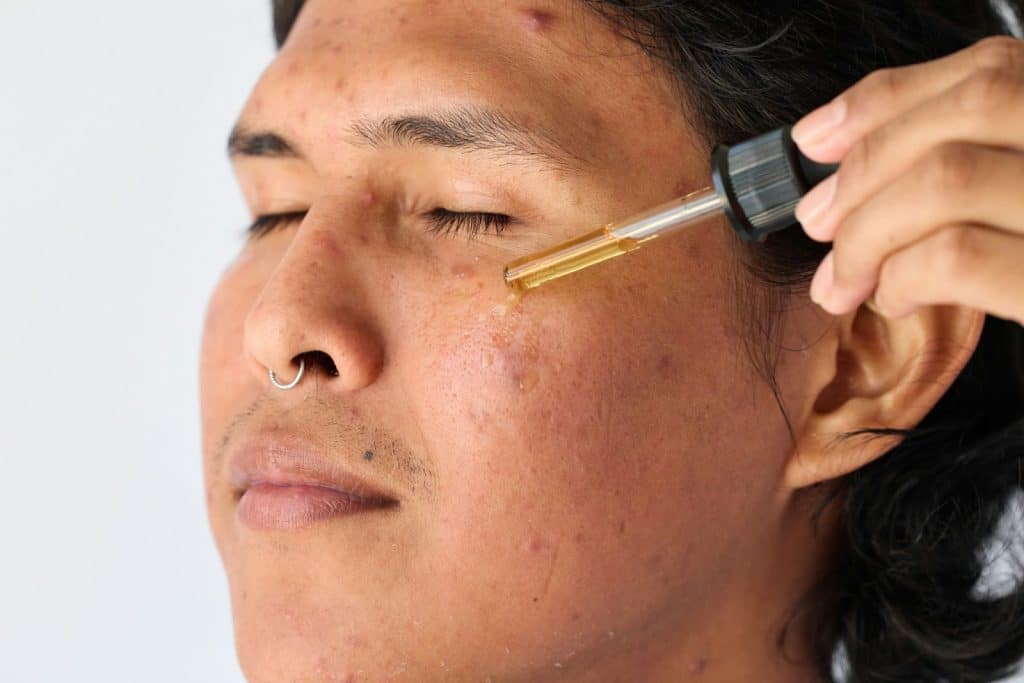
Fragrance is one of the top causes of irritation, especially as skin becomes more sensitive with age. Switch to fragrance-free products, especially for your face and neck. Less scent often means less risk.
Neglecting Professional Skin Checks
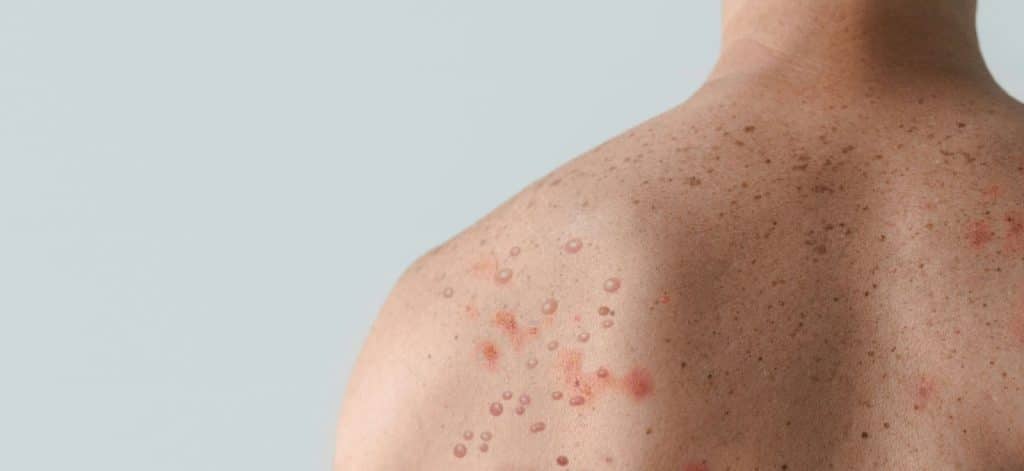
Changes in moles, new spots, or persistent irritation should be evaluated. Annual dermatology visits can catch issues early and help tailor treatments to your skin’s changing needs. Prevention beats reaction every time.
Believing That Anti-Aging Means Expensive
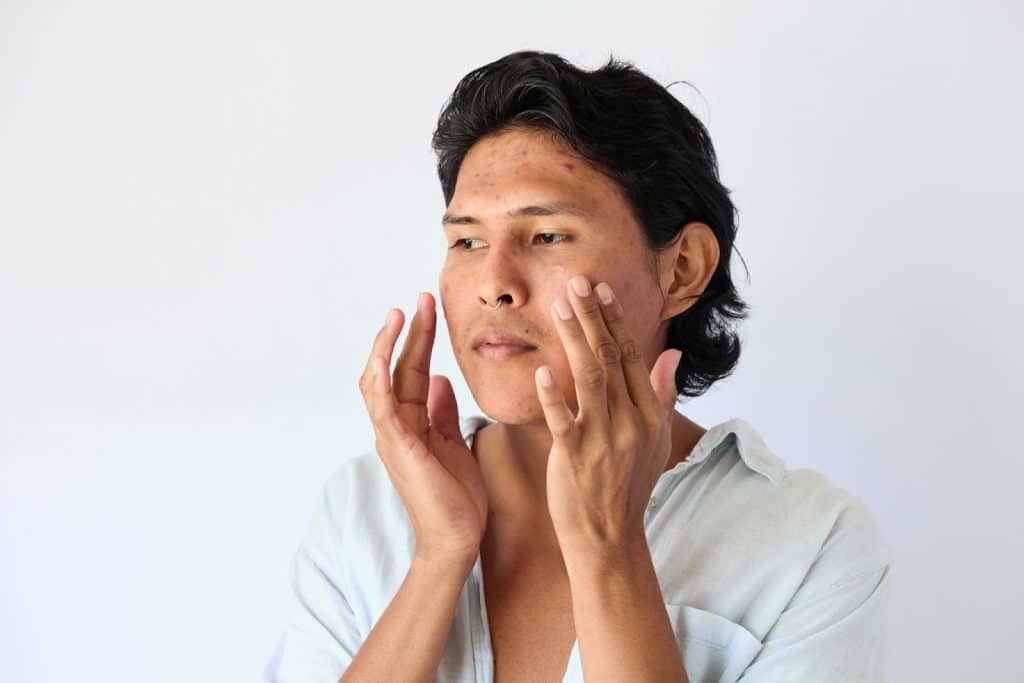
High-quality skincare doesn’t always mean high price tags. Plenty of affordable brands offer science-backed, effective products. Focus on consistency and ingredients. Not just labels.
Conclusion – Small Stops, Big Gains

Healthy skin after 35 is less about drastic overhauls and more about stopping the quiet damage. By cutting out these subtle but harmful habits, you give your skin room to breathe, repair, and thrive. It’s not about turning back time, but about respecting your skin’s evolution and supporting it with smarter, simpler choices. Aging is inevitable, how you care for your skin through it is up to you.


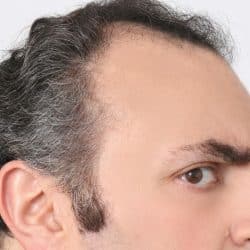



Ask Me Anything